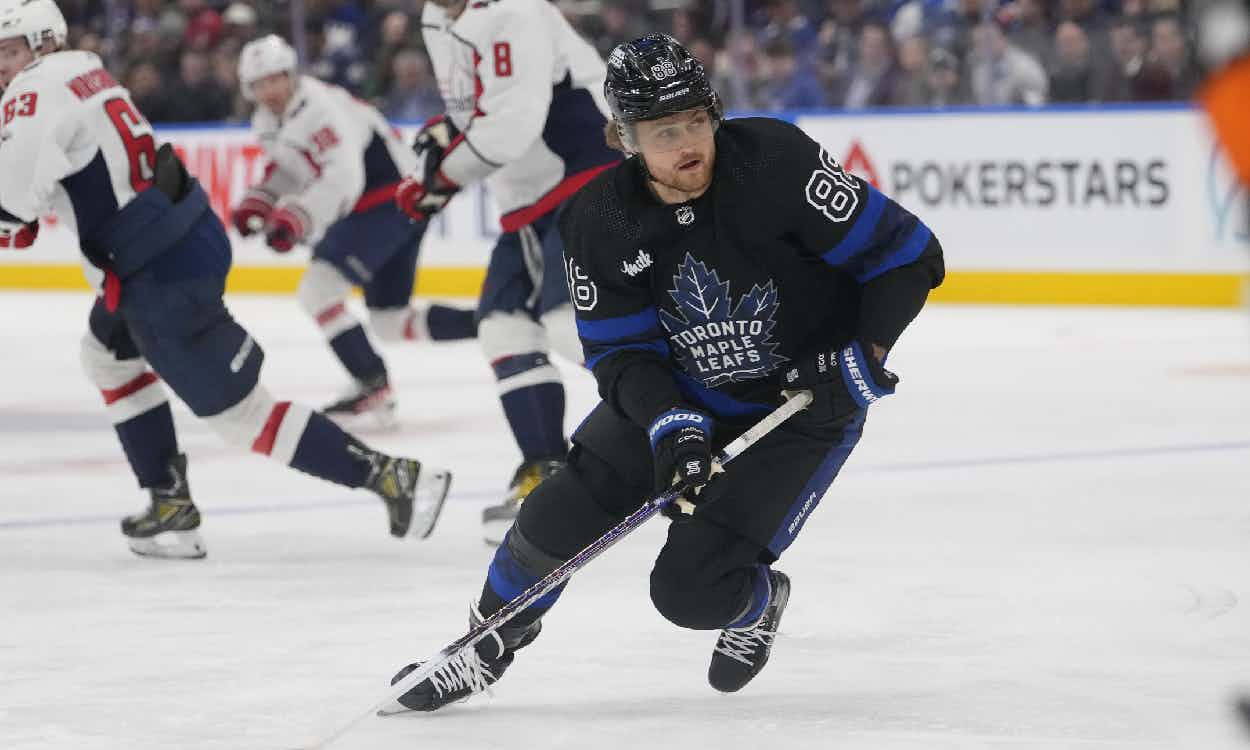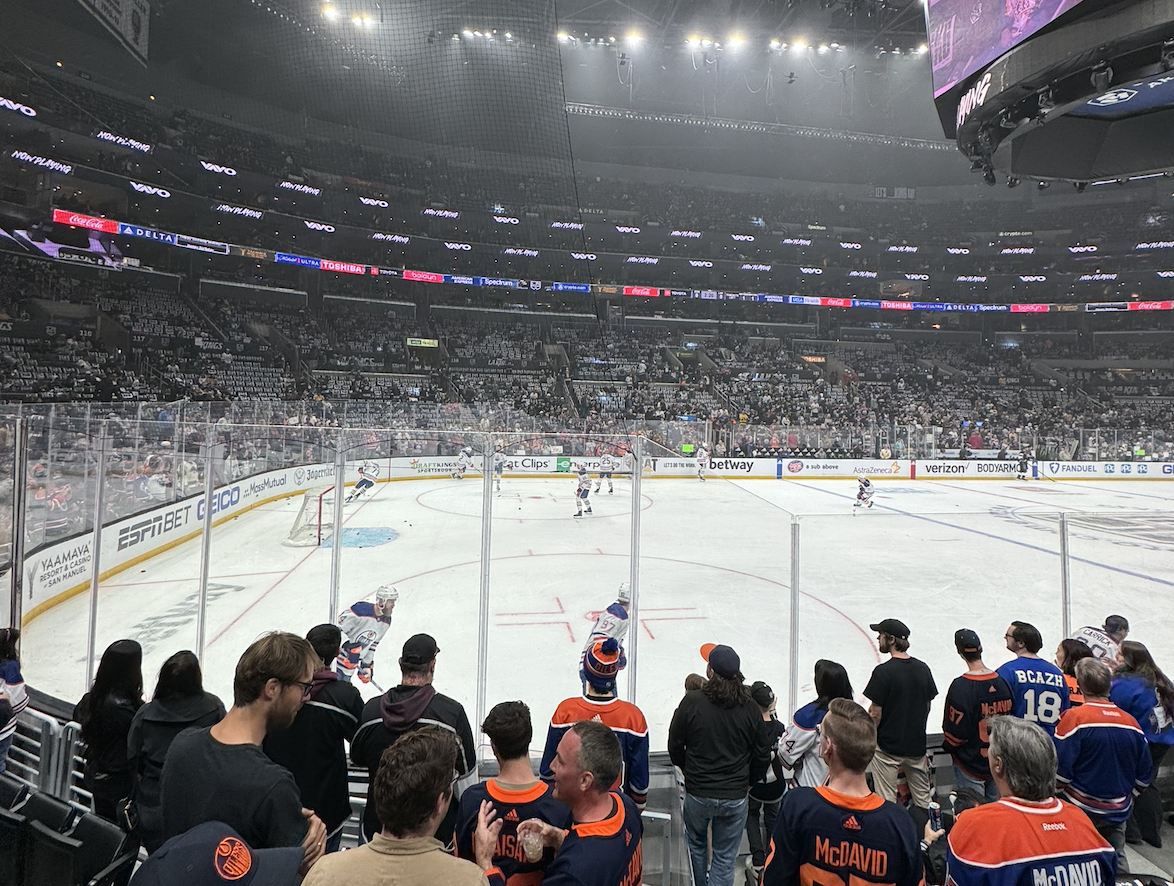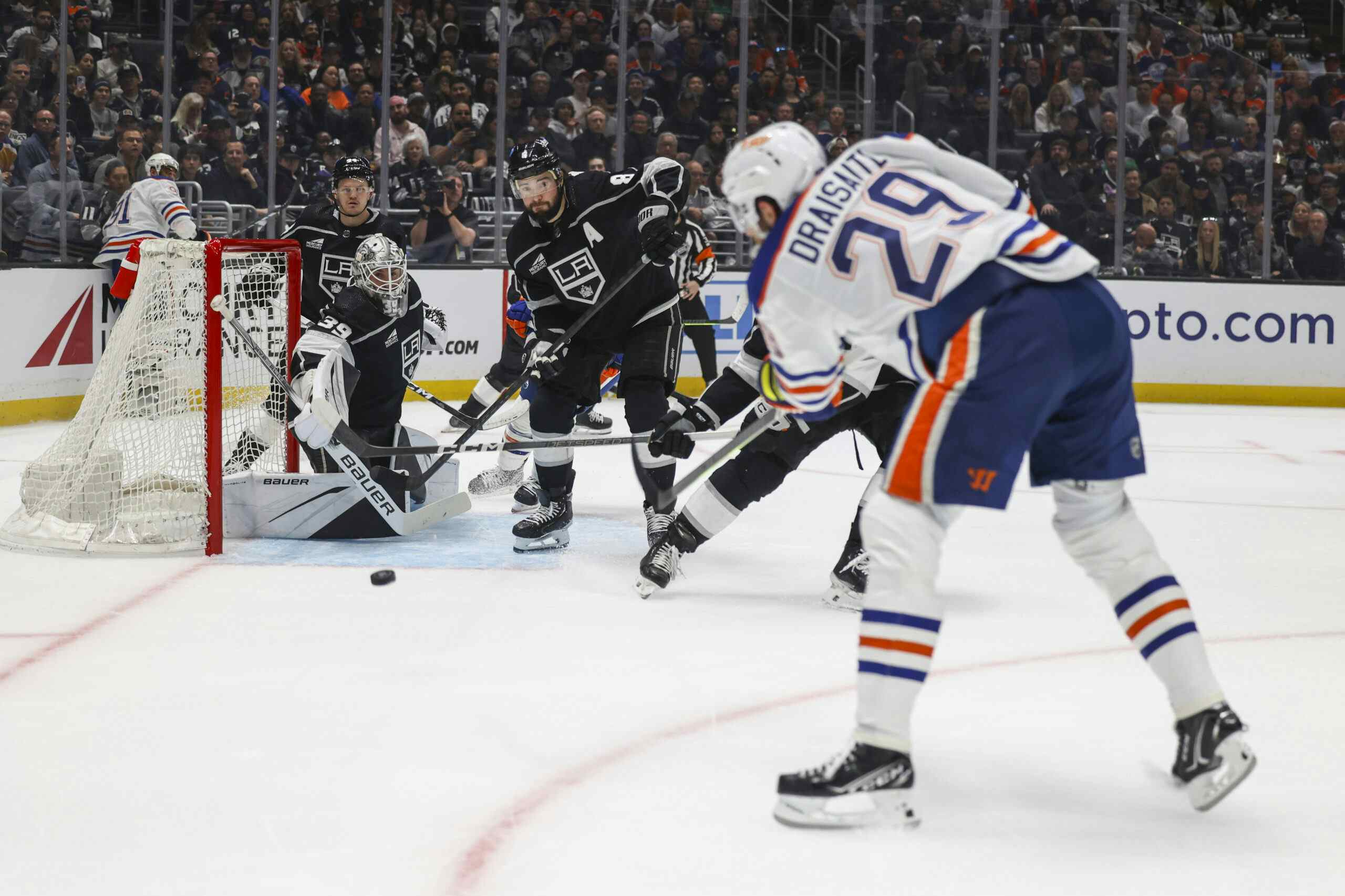You don’t know what you’ve got until it’s gone

On Wednesday, one-time Edmonton Oilers starter Devan Dubnyk found himself on the move once again, joining his fifth NHL organization since the start of last season. Last year, he was so wretched that he ended up bouncing around; this season he’s been so good that his services are suddenly in demand.
And if not for Dubnyk’s history with Edmonton, one would think that the Oilers would be one of those teams interested in the goalie.
Devan Dubnyk, Edmonton Oiler

Dubnyk was always (bizarrely) a controversial player in Edmonton. I’m not talking about the random people who crop up on the internet to complain that he lets in one softy per game, either; I’m talking about management. This is what general manager Craig MacTavish said in an availability in May 2013:
Devan, as I said last night to our season ticket holders, I’ve always believed with goaltending if you have to ask the question you really know the answer. I think the question is still very much out there whether Devan is a real legitimate number one goalie… [Devan] feels like he is a number one goalie, obviously, but there is a sense when you talk to Devan that he really realizes there is some significant growth for him, too. I think the question is still out there and I think Devan is trending in the right direction. What the feeling is and when he’s going to get there is another question, but it’s a position that we need to solidify and we’ll be working hard to do that.
That’s one example of a series of similar comments made publicly between April and June of 2013, and to this day it’s a comment that Oilers fans interpret differently. The view I hear most frequently is that it’s awfully silly of a general manager to go out in the summer and say publicly that he’s not convinced Goalie X is a No. 1 and then start the season with Goalie X in the No. 1 slot; it’s a view I happen to agree with, though I do think it’s excessive to say that MacTavish is to blame for undermining Dubnyk’s confidence and thereby wrecking him for 2013-14.
There are those out there who argue that because he wasn’t a lone starter (he was sharing the job with Nikolai Khabibulin) he never had to face the pressure of being a No. 1 and that he wilted when he was put in the role. There are others who think that Dubnyk was always a lousy goaltender and that the numbers never told the truth about him. I’m personally inclined to believe that Edmonton made some bad defensive tweaks in the fall of 2013 and corrected them too late to save Dubnyk.
But all of those theories are just theories, things that haven’t been proven and shouldn’t be sold as fact. What is a fact is that for three seasons at the height of the Oilers’ rebuild Dubnyk delivered above-average goaltending for a terrible hockey team. If he let in a softy per game he must have been stopping an extra doozy to compensate for it because he’s been far-and-away the best goaltender on the team since Dwayne Roloson departed for greener (and more interested) pastures.
And Now?

On Wednesday, we talked about possible solutions to the Oilers’ goalie problems (the options out there really aren’t very pretty) and I mentioned in my preamble that I’d be inclined to hang on to Ben Scrivens for next season. The rationale I presented (he has a year left on his current deal and negligible trade value) was all correct but one point I didn’t press was Scriven’s long-term track record. He doesn’t have the same length of history that Dubnyk does, so it isn’t as solid, but it’s well worth noting that he’s been a much better goalie in previous years than he has been with Edmonton this season.
I don’t think it’s accurate to blame the Oilers’ defensive play for the struggles of Scrivens or Fasth this year; I say that because I’ve followed the scoring chances and seen the stinkers those goalies have allowed. Naturally, the reader’s mileage may vary there, and I’m open to being proven wrong on that.
However, whatever the root cause of the problem, there have been countless examples of goalies with long track records having seasons that are either well above or well below their established level of ability, and unless age or serious injury is a factor in the vast majority of those cases that one season is an aberration before the goalie settles back into his regular level of performance.
After this season, I wouldn’t be confident going into an NHL campaign with Ben Scrivens as my starting goaltender. I am, however, confident that he’s a much better goalie than he’s shown this season and consequently think that it’s sensible to plug him into the backup job next year.
RECENTLY BY JONATHAN WILLIS
Recent articles from Jonathan Willis





